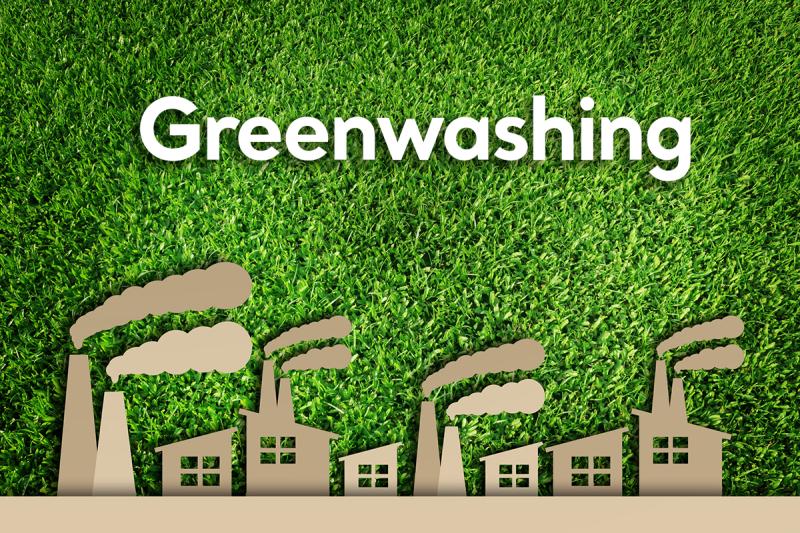What is 🌱greenwashing🌱?
“Greenwashing” happens when companies mislead consumers about the environmental soundness of their products. There are many ways this can happen. For example, companies might overstate the environmental benefits of a product or service by giving it an excessively high ESG (Environmental, Social, and Governance) rating. Misleading information can be conveyed in annual reports to create the impression the company has an outstanding reputation for corporate social responsibility (CSR). A company might also promote a product or service as environmentally friendly when it may not be truly “green” at all. While there are no standard definitions for what constitutes “green” products and services, claims like these can often be made without merit and should be thoroughly investigated before committing to purchase anything on this basis alone!
So how can 🌱greenwashing🌱 be identified?
👉 Investigate the underlying data and methods used to generate an ESG rating. The Sustainability Accounting Standards Board (SASB), for example, provides a list of approved third-party certifiers who produce ratings. You should be able to find the audit reports for each company’s sustainability efforts on their website. A quick browse through these documents might reveal discrepancies between what a company claims and how it actually performs in practice. Check whether the auditors are independent of those they’re assessing; if not, there could be an inherent conflict of interest that could influence the outcome of a report or rating system.
👉 Question assumptions about sustainability itself: What do we mean by “sustainability”? How do we measure it? Is there room for improvement in our current systems? How can we ensure a fair accounting process that is inclusive and transparent?
Greenwashing & international development 🌍
The use of greenwashing in international development is becoming more common. This is due to the rise of ESG investing. ESG investing refers to investment strategies that incorporate environmental, social and governance criteria into portfolio management and returns.
It can be argued that greenwashing has become a tool used by investors rather than a solution: these investors are using it simply as another investment approach without giving too much thought to how they may actually be causing harm with their investments. They are using it as an excuse for their investments without considering the consequences or side effects on communities living in poverty or experiencing natural resource depletion due to unsustainable practices such as deforestation or overfishing. These examples demonstrate how greenwashing can be used for fraudulent purposes in order to attract more customers who want their money invested ethically (without thinking about whether sustainable development really exists).
Key take-aways 📝
Being critical about what is presented as sustainable, ethical, and impactful is not easy. It’s easier to be passive consumers and accept the dominant narrative without questioning it. It’s therefore important to question the assumptions of ESG and other impact investment frameworks that classify sustainability, as well as be cautious about what is presented as sustainable, ethical, and impactful. Sustainability is not a black-and-white concept as there are many grey areas to consider when determining what truly contributes to improving our world for the better.

